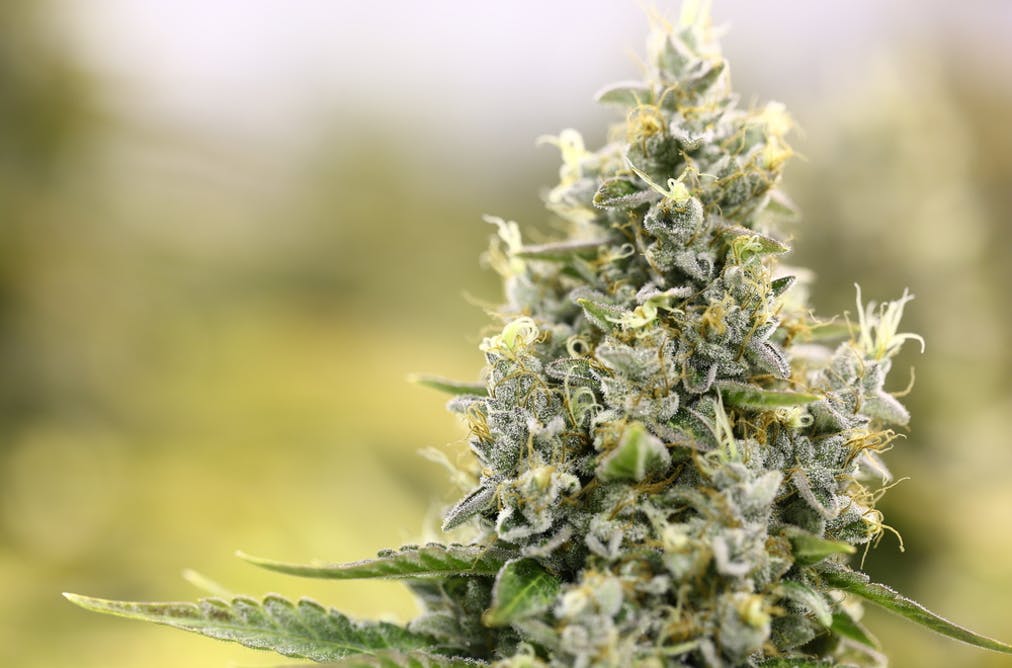Cancer, a formidable disease affecting millions worldwide, continues to be a major health concern. In the quest for effective treatment options, researchers and patients alike have turned their attention to the potential therapeutic benefits of CBD (cannabidiol), a non-psychoactive compound derived from the cannabis plant. While further research is still needed, preliminary studies have shown promising results, suggesting that CBD may offer a range of benefits in cancer care.
Understanding CBD and Cancer:
CBD is known for its interaction with the body’s endocannabinoid system (ECS), a complex network of receptors involved in regulating various physiological processes, including immune response, inflammation, and cell growth. Cancer development often involves abnormalities in these processes, making the ECS a potential target for therapeutic intervention.
Anti-Tumor Effects:
Studies have suggested that CBD exhibits anti-tumor properties, inhibiting the growth and spread of cancer cells. It has shown potential in inducing apoptosis (cell death) in certain types of cancer cells, preventing their proliferation and reducing tumor size. Additionally, CBD may have anti-angiogenic effects, meaning it could inhibit the formation of new blood vessels that tumors rely on for growth and metastasis.
Pain Management:
Cancer patients often experience severe pain, which can be challenging to manage with traditional analgesics. CBD has shown promise as an alternative or adjunctive therapy for pain relief. It interacts with receptors involved in pain perception and modulation, potentially reducing pain intensity and improving the quality of life for cancer patients.
Nausea and Vomiting:
Chemotherapy-induced nausea and vomiting are common side effects that significantly impact the well-being of cancer patients. CBD has been investigated for its antiemetic properties, with studies indicating that it may help alleviate nausea and vomiting associated with cancer treatments. Its interaction with serotonin receptors in the brain and gastrointestinal tract contributes to its potential antiemetic effects.
Appetite Stimulation:
Cancer and its treatments can often lead to a loss of appetite and unintended weight loss, negatively impacting patients’ nutritional status and overall health. CBD has shown promise in stimulating appetite, known as orexigenic effects, which could help improve food intake and support proper nourishment during cancer treatment.
Anxiety and Depression:
Cancer diagnosis and treatment can significantly impact patients’ mental health, leading to anxiety and depression. CBD has been studied for its anxiolytic and antidepressant properties, potentially providing relief for individuals grappling with these emotional challenges. By modulating serotonin receptors in the brain, CBD may help regulate mood and reduce anxiety symptoms.
Conclusion:
While CBD holds promise in cancer care, it is essential to note that further research is required to fully understand its potential and establish appropriate guidelines for its use. It is crucial for patients to consult with healthcare professionals before incorporating CBD into their treatment regimen to ensure safety, efficacy, and compatibility with other therapies. As scientific exploration continues, CBD’s potential role in cancer treatment offers hope for improved outcomes and enhanced quality of life for patients worldwide.

